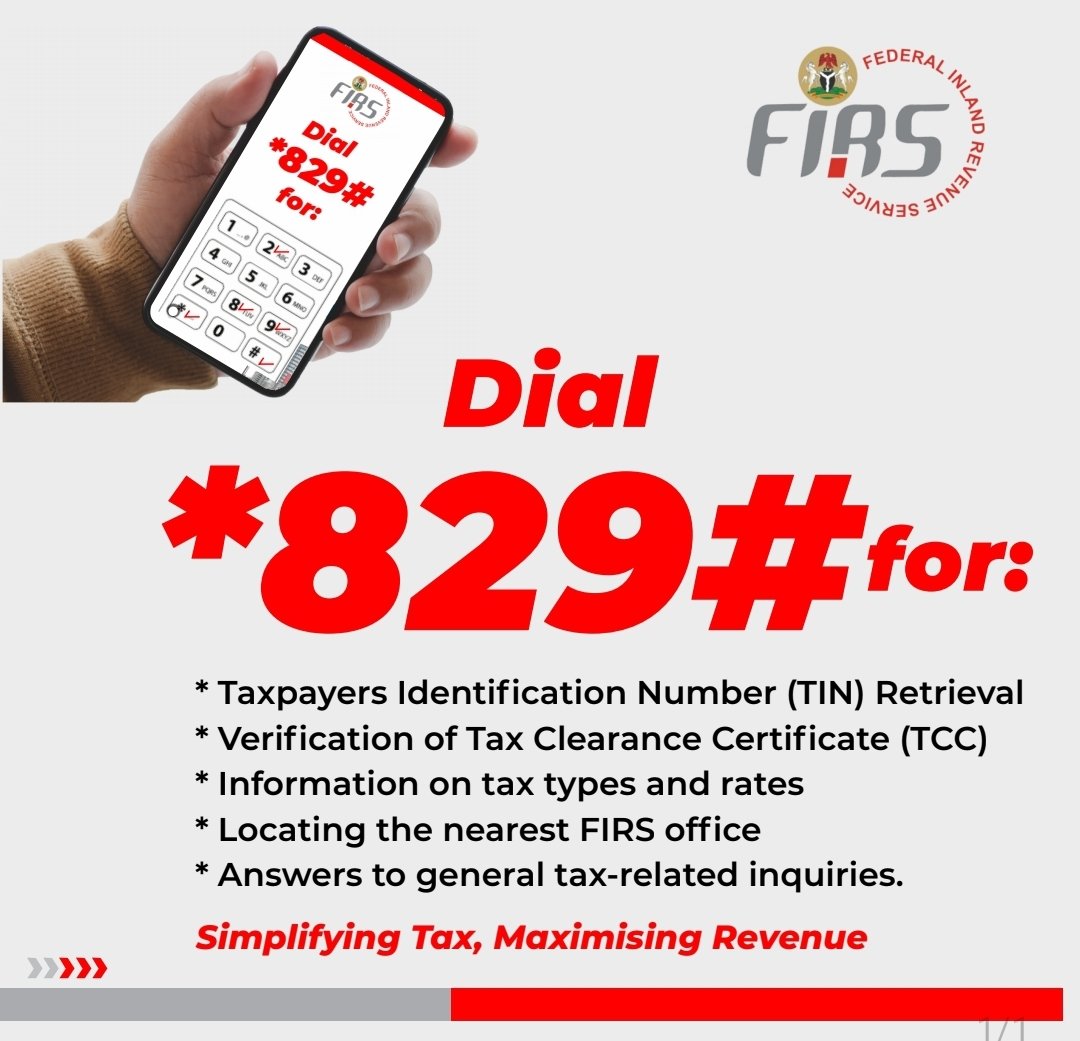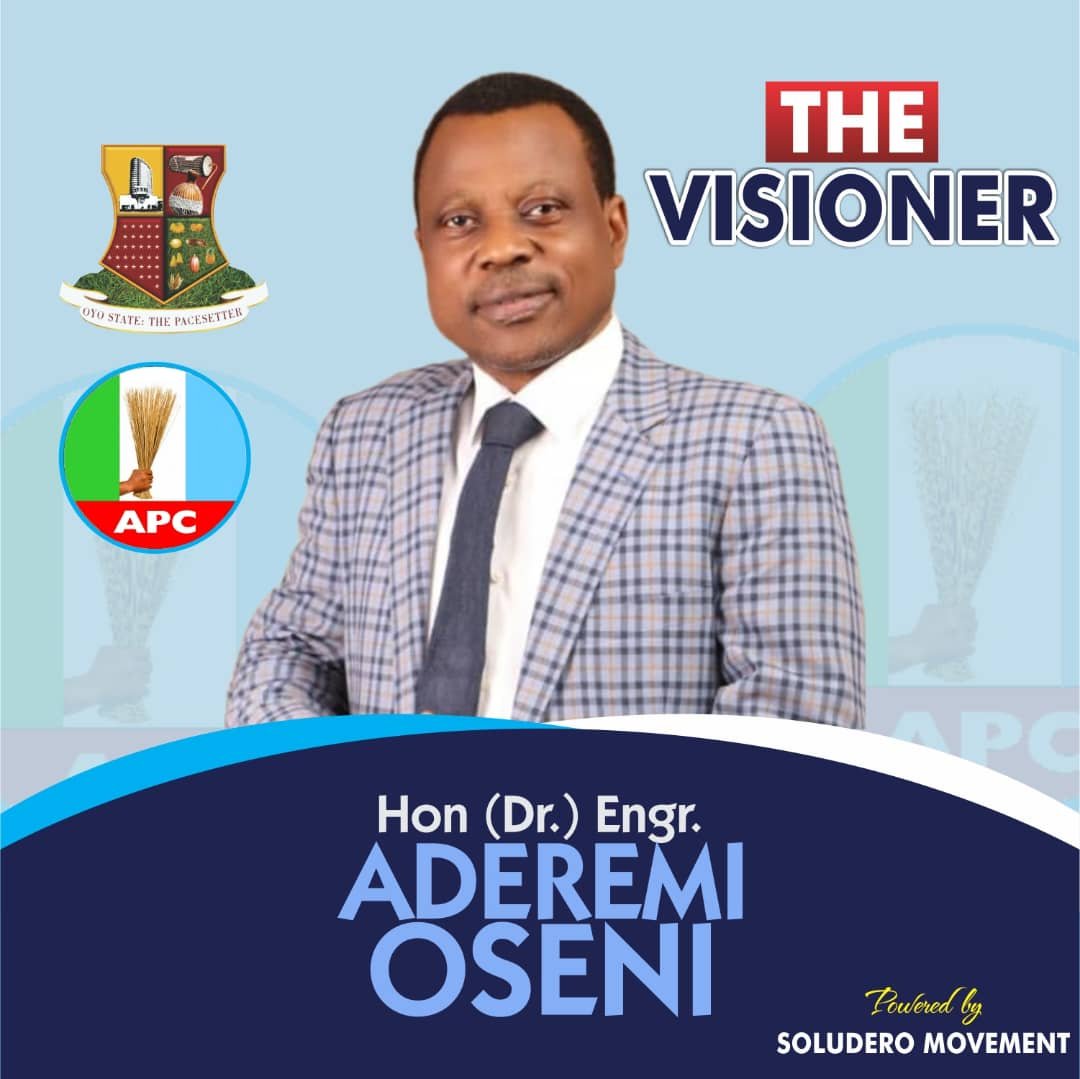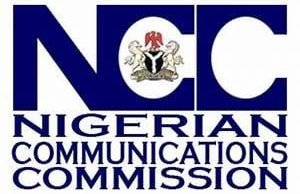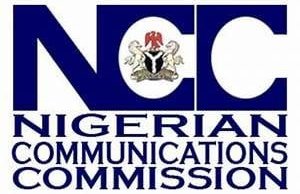The Nigerian Communications Commission (NCC), on Tuesday, hosted an Industry Consultative Forum on a regulatory instrument to address the issue of unutilised and unclaimed airtime and data recharges by telecom consumers.
The forum was on “The Draft Guidance on Unutilised And Unclaimed Subscribers’ Recharges In The Nigerian Communication Sector.”
The forum, held in Abuja, was hybrid, featuring in-person and virtual participation by staff of NCC, telecom companies and other concerned industry stakeholders.
In his welcome address, the NCC Executive Vice Chairman/CEO, Dr Aminu Maida, said the essence of the stakeholder engagement forum was to have meaningful discussions on a matter that was of importance to both telecom consumers and operators.
The NCC EVC/CEO, represented by the Executive Commissioner, Stakeholder Management, Rimini Makama, said here was a need to address emerging challenges, especially those that may compromise consumer rights.
“The telecommunications industry has long been a pillar of economic growth, financial inclusion, and digital transformation.
“With the widespread reliance on mobile services, prepaid plans have provided millions of Nigerians with flexibility and affordability.
“However, as the sector evolves, and in line with our commitment to ensuring Quality of Experience for telecom consumers, we must address emerging challenges especially those that may compromise consumer rights.
“One of such is the fate of prepaid balances when accounts become inactive.
“Striking the right balance between safeguarding consumer rights, ensuring effective regulatory oversight, and maintaining industry sustainability requires a collective effort.
“This forum presents an opportunity to explore practical solutions on this subject. At the heart of our discussions today is the issue of unclaimed recharges,” Maida said.
He disclosed that the Quality-of-Service Business Rules 2024 stipulated that a prepaid line without a Revenue Generating Event for six months must be deactivated
He said, according to the rules, and if inactivity persists for another six months, the line may be recycled, adding: “Subscribers have the right to reclaim their unused credit within one year, provided they can demonstrate ownership.
“However, the broader debate remains—should operators be required to refund unused airtime, or should the principle of “use it or lose it” prevail?,” he asked.
Maida said the goal of the NCC was to arrive at a framework that will protect consumers, while ensuring the continued efficiency and competitiveness of the industry.
He also assured that the Commission remained committed to fostering a fair, transparent and consumer-centric telecom landscape.
“Today’s discussion is critical to refining our policies and ensuring that our regulatory approach aligns with the dynamic nature of the market.
“As we deliberate, I encourage open and constructive engagement, as your insights will be invaluable in shaping a framework that balances the interests of all stakeholders.
“I look forward to productive discussions and meaningful outcomes that will strengthen consumer trust and regulatory clarity,” he said.
Earlier in her opening remarks, the NCC Head of Legal and Regulatory Services, Mrs Chizua Whyte, said the forum represented a crucial step in fulfilling the Commission’s mandate to create and develop regulatory instruments that foster a vibrant communications market and regulatory environment benefiting all stakeholders.
She said the NCC, empowered through the Nigerian Communications Act 2003, will continue to develop and refine regulatory instruments governing the telecom industry.
“Today’s session addresses a matter of significant importance that affects millions of Nigerian subscribers and will also impact on the processes of the Mobile Network Operators (MNOs).
“The issue of unutilised and unclaimed recharges on churned subscriber lines represents both a consumer protection challenge and a regulatory opportunity.
“When subscribers are disconnected after extended periods of inactivity, as defined by our Quality of Service Regulations, many leave behind unused credits.
“This Draft Guidance seeks to establish clear, fair, and transparent procedures for managing these funds, ensuring that subscribers maintain rightful access to their purchased credits while providing operators with regulatory clarity,” Mrs Whyte said.
She listed the provisions of the Draft Guidance to include “firstly, establishing a 12-month window during which affected subscribers can claim unutilised recharges after their lines have been churned, provided they can verify ownership. This balances consumer rights with operational practicality.
“Secondly, requiring operators to conduct comprehensive audits of all churned numbers and submit detailed documentation of all unclaimed and unutilised recharges, ensuring transparency and accountability in the process.
“Thirdly, directing that unclaimed recharges cannot be monetised but must be made available through service options to the affected subscribers, including voice offerings, data plans, and value-added services on the primary network.”
The NCC Head of Legal and Regulatory Services disclosed that the Commission has also outlined clear timelines for implementation, with operators expected to achieve full compliance within 90 days of issuance.
This, she said, was alongside comprehensive consumer education and notification requirements.
“In this digital age, where telecommunications services form the backbone of our economic and social interactions, proper management of consumer credits becomes increasingly critical.
“The proposed Guidance aligns with our broader commitment to consumer protection while acknowledging the operational realities faced by our licensees.
“The Nigerian Communications Commission and stakeholders across the industry have worked diligently to advance our communications ecosystem.
“This Draft Guidance represents another step forward in creating an environment of regulatory excellence that protects consumer interests, while providing clarity to service providers.
“Your input and comments during this session will be vital in refining this Guidance. We value your expertise, experience, and insights as we work to ensure the final framework serves the needs of all stakeholders,” she said.
She also reassured the participants that NCC remained committed to upholding the highest standards of service and ensuring that the industry continues to evolve and thrive.
“This Stakeholders’ forum stands as testament to our commitment to transparent and collaborative regulation.
“Together, we can develop guidelines that are fair, practical and serve the collective interests of Nigerian consumers, operators, and our growing digital economy,” she said.
She thanked the participants for their time, commitment, and contributions to the process, and said NNC looked forward to a productive session that will shape the future management of unutilised and unclaimed recharges in the communications sector.
Synopsis of the Industry Consultative Forum
These included: General unused prepaid credit is forfeited after prolonged inactivity (‘use it or lose it”). Airtime is non-refundable and not equivalent to cash;
Consumer safeguards: Operators must notify users about forfeiture policies and offer service alternatives (e.g., •data/voice plans), instead of refunds. •Mandatory consumer education campaigns and awareness.
Operational barriers: Cross network service options are impractical due to varying operator costs, administrative complexity, and airtime’s legal status as a consumable service;
Global alignment: The framework matches with international best practices, especially in the U.S., EU, India, etc., prioritising transparency and service alternatives over cash refunds;
Compliance: Communications service providers have 90 days to implement rules; non-compliance risks fines/audits as the Commission reviews within 10 days.
Objectives of the Draft Guidance
The main objectives of the Draft Guidance are to: Provide a process for managing consumer recharges and credits through safeguards and service options;
Provide billing transparency and clear benefits to consumers and set out clear and certain approaches that will provide regulatory certainty to the sector.

































